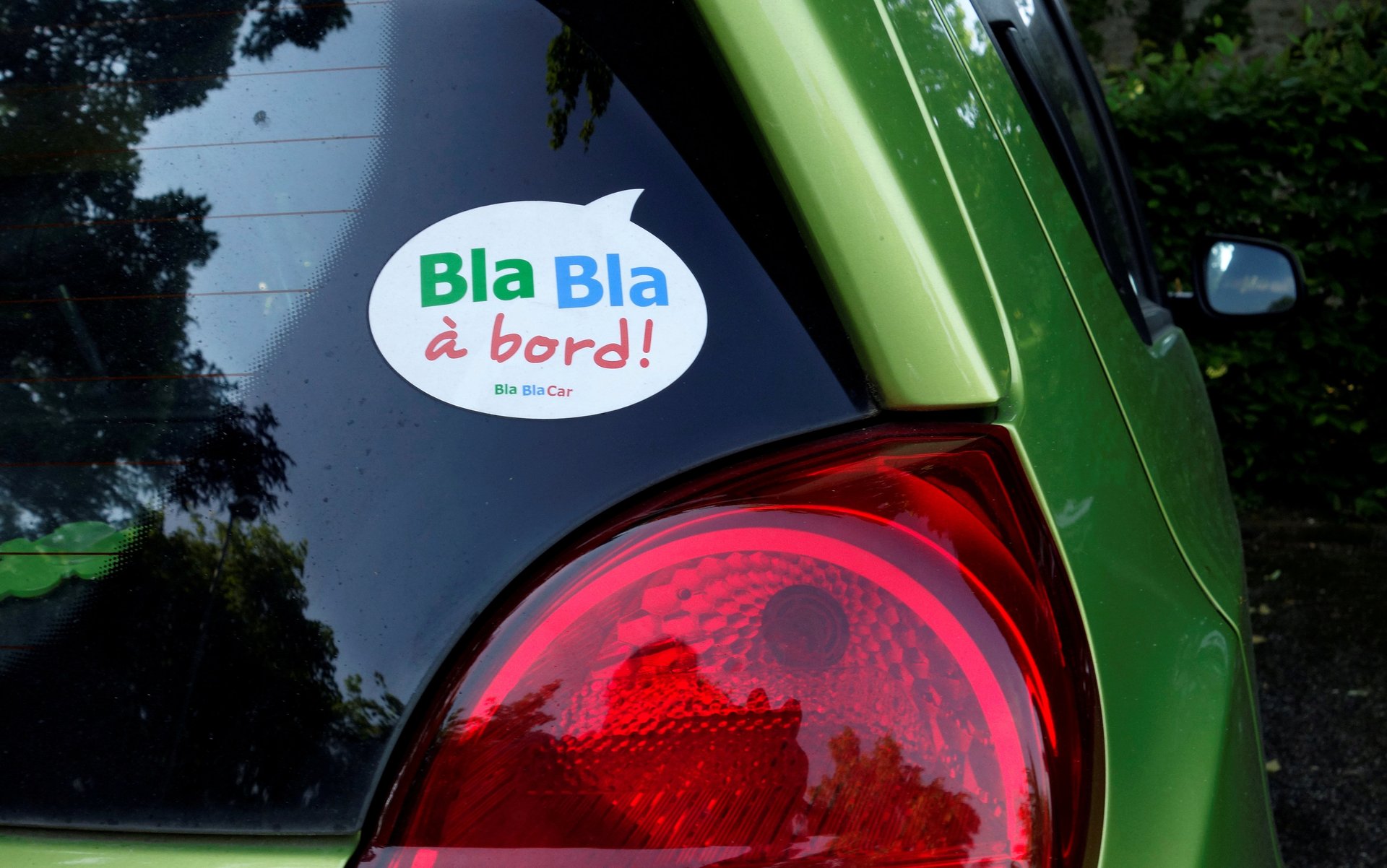Travelers get more out of long-distance carpooling than just a cheap ride
Hopping into a car with total strangers and driving hundreds of miles together used to be the preserve of hippies and hitchhiking students. Nicolas Brusson, CEO of French carpooling company BlaBlaCar, said that when he first pitched the idea of long-distance car pooling, he was told it was insane—that “people don’t do that.”


Hopping into a car with total strangers and driving hundreds of miles together used to be the preserve of hippies and hitchhiking students. Nicolas Brusson, CEO of French carpooling company BlaBlaCar, said that when he first pitched the idea of long-distance car pooling, he was told it was insane—that “people don’t do that.”
Founded in Paris in 2006, BlaBlaCar is one of France’s unicorn startups. Calling itself the world’s largest long-distance carpooling service, it has grown from five million users in 2013 to around 65 million across 22 countries, with rides typically varying between 100 and 600km (around 60 to 375 miles).
Speaking at the NOAH conference in Berlin, Brusson said the biggest challenge for the company was education on how it works, convincing drivers and passengers to share a car, and looking at how to create trust.
“When you create your user profile, we ask you if you are ‘bla,’ ‘blabla’ or ‘blablabla’ and that is an ice breaker when you get into the car,” Brusson told Quartz.
BlaBlaCar has gathered interesting data about what happens when people are on the road together, via a study of more than 4,700 BlaBlaCar members in nine countries. Over three quarters said the experience made them feel “useful,” in that they were able to listen to or exchange ideas with others in the car. More than half said sharing helped them get perspective on their personal situation or that they’d received good advice.
“The most interesting thing is that 21% of people said they’d revealed something they have never told any one, in a BlaBla car,” Brusson said. “It kind of makes sense because you spend hours with somebody you meet only once, and you have this kind of one-off discussion where you can say things you’d be ashamed to say to friends.”
Brusson thinks the fact that people aren’t facing each other, but sitting side by side is an additional reason it’s easier to share thoughts. It’s not unlike the friendships one strikes up while traveling in general: intense, brief, on the move, and often with the added advantage of never having to see the person again.
Car pooling throws people of different nationalities, cultures, and socio-economic background together, so it’s perhaps not surprising that 47% said the experience opened their eyes to others’ lives and opinions. And more than half said they got out of the car having changed their mind about something.